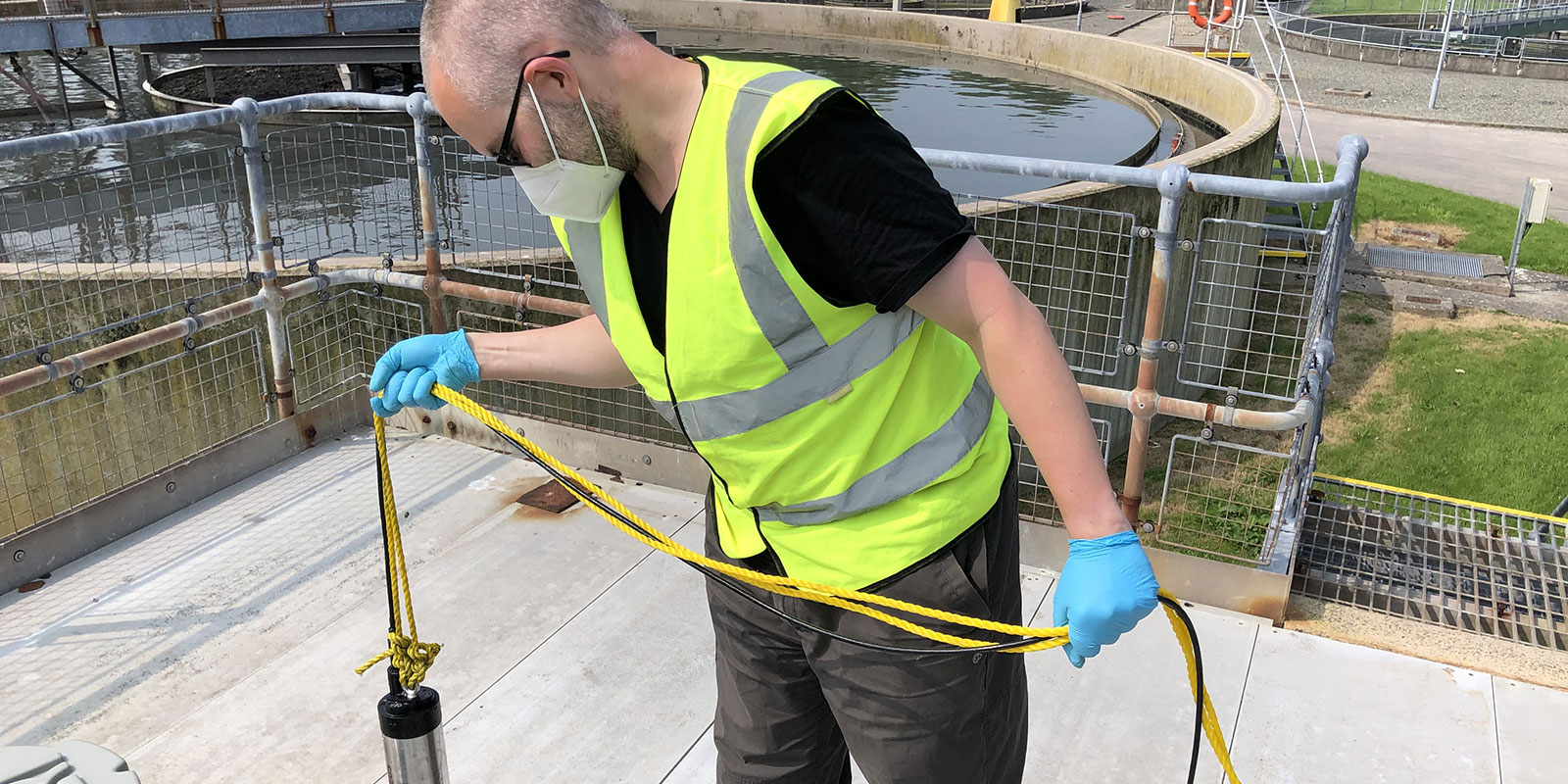
Bangor University
Wastewater-based monitoring: a holistic approach
The COVID-19 pandemic taught us the power of viruses and the harm that they can do to society in terms of lives lost, economic tolls, and social bonds severed. Bangor University broke new ground in developing tools to quantify the levels of respiratory and enteric viruses in wastewater. When COVID-19 emerged, they used these tools to track SARS-CoV-2, delivering critical national surveillance on infection rates and the emergence and spread of new variants. They showed that wastewater-based epidemiology can provide invaluable, unbiased insights into community health.
Their research was used to directly inform government policy (e.g. decisions on imposing lockdowns) during the pandemic. The research was also used to measure the incidence of COVID-19 in core national infrastructure (e.g. prisons, hospitals) and to assess the import rate of COVID-19 into the UK at national borders such as airports and mass quarantining facilities.
Since then, and on behalf of Welsh Government, the Food Standards Agency and European Union, the technology has been expanded to monitor a wide range of public health indicators including enterovirus, norovirus, influenza, RSV, polio and antimicrobial resistant organisms. This is now being built into a real-time alerting system for healthcare facilities and public health agencies. The technology is also being used to predict the potential for individuals to become infected from coming into contact with sewage contaminated water (e.g. open water swimming), helping to sever the disease reinfection cycle.
This research exemplifies how fundamental science and applied innovation can profoundly enhance society. It has established the university as a world leader for wastewater epidemiology with global reach. The award recognizes the team’s trailblazing spirit, scientific rigour and commitment to progress through partnership. Their work has set new standards in responsible research for the public good.
